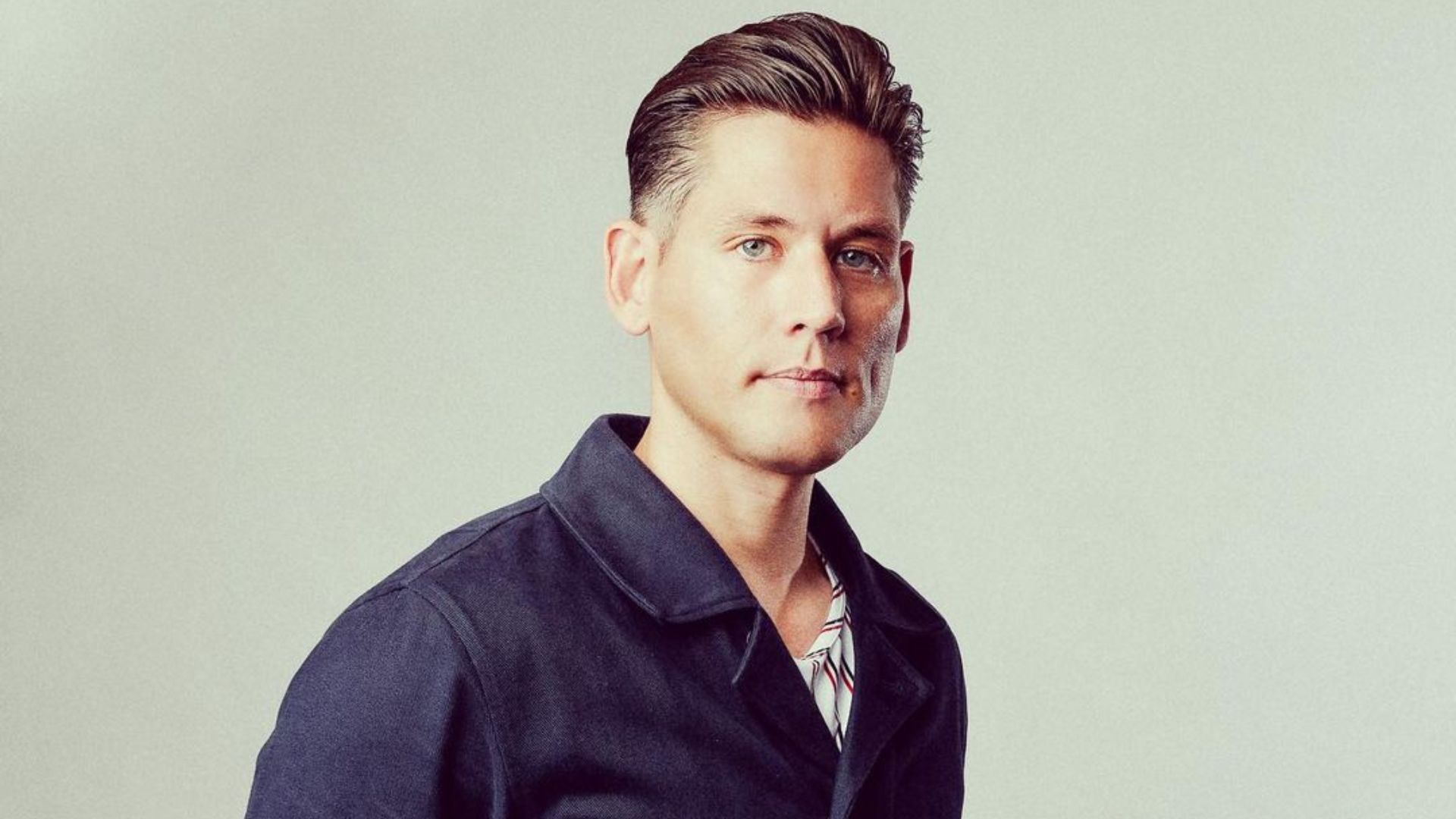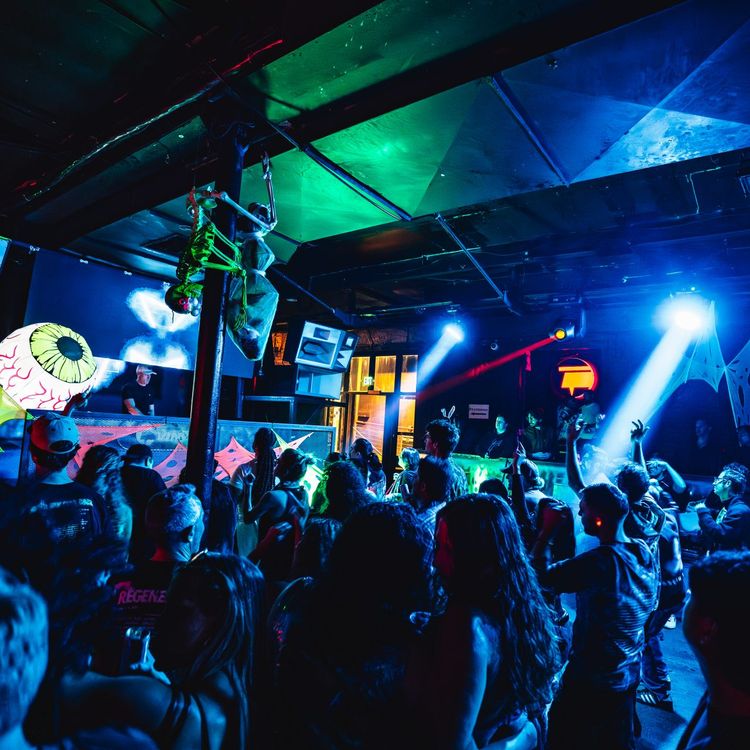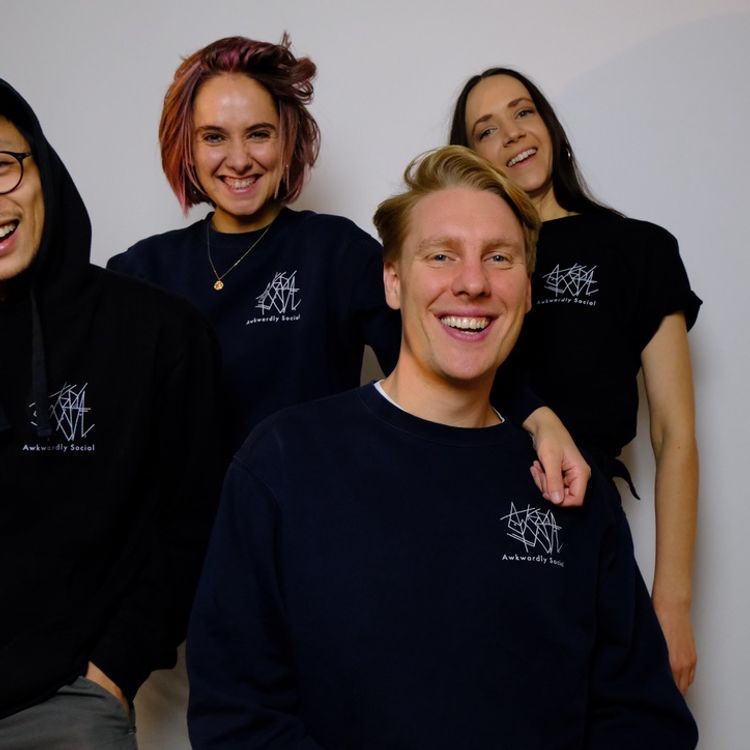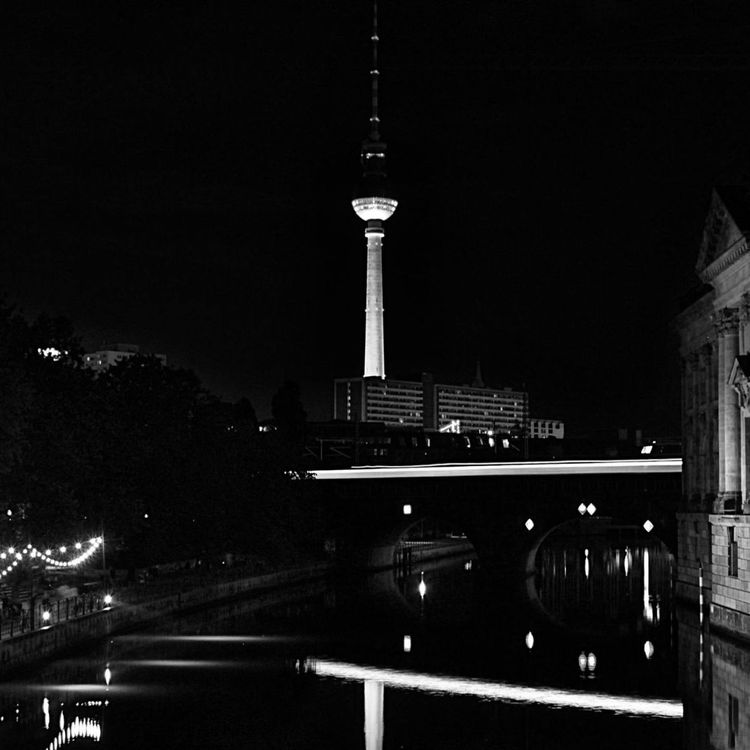Denis Horvat Unplugged: A Candid Q&A with the Melodic Maestro
Renowned for his exquisite fusion of melodic house and techno, Denis Horvat is a celebrated figure in the dance music landscape. He's carved a unique niche for himself, defining his self-titled "synthesizer techno" with effervescent melodies and funk-forward beats. With releases on esteemed labels like Innervisions, Afterlife, and Aeon, the Danish-born and bred artist has firmly shaped the trajectory of the melodic house and techno genre. His discography, marked by the emotion-evoking hits "Noise" and “Miracle of the Rose” attests to his creative ingenuity and ability to inspire movement.
Beyond the studio, Horvat is a highly respected figure behind the decks, known for his riveting performances from London's fabric to Berlin's Watergate. We had the pleasure of delving deeper into the life and music of Denis Horvat in our recent Q&A. Join us as we unpack his unconventional approach to music, the motivation behind his stirring soundscapes, and his remarkable journey in the global industry.

What was lifelike in Frederiksvaerk, Denmark? How did growing up in a small village influence your music?
Life was quite easy and simple, to be honest. It's in the countryside 50 kilometers away from Copenhagen. We didn't have a lot of clubs there, or any music scene whatsoever. I did start to play drums back then, which was my first step into music from my side.
I'd say that going home from school and coming back home, listening to my dad's ‘80s records, he was always playing loud music that influenced me a lot. That's something I remember like it was yesterday. That was a big influence on my life. Those were the first steps of producing music.
How did your introduction to The Prodigy at age ten ignite your love for electronic music?
That was my cousin. He was a big fan of Prodigy, and he influenced me a lot because he was always listening to him. He tried to contain me with this style of music, and it helped a lot. I was at a young age listening to electronic music, Prodigy was one of the first ones.
How has your initial background as a drummer played a role in shaping your style and sound?
I would say making grooves and percussions was the initial thing for starting a track and I would say that playing drums helped me a lot. However, playing a synthesizer, keyboards, and the rest of what was contained in a track, I think, was self-taught. I tried a bunch of stuff, and I bought some instruments. From there just learning everything from the basics to production while also learning the instrumental stuff.

How would you describe your signature "synthesizer techno" sound to someone who has never heard it before?
Synthesizer techno comes back again from the ‘80s. My dad's '80s records, which was a pop synth. I don't remember all the names, but all these artists, they all had this kind of synthesizer, which is recognizable these days. For example, in trance and melodic techno. I would say it shaped my sound a lot.
Why do you favor using analog gear over digital in your studio setup, and how does it enhance your musical vision?
It's easier because I love to be hands-on with my instruments when I produce music. But I would say that lately when trying to do my tours and when I don't have my studio, I'll be using my computer, laptop, and a small MIDI keyboard. However, I do favor being in the studio. It's my best workflow.
How do you create a narrative or story within your performance?
I would say I always somehow see the crowd and what kind of crowd I am working with. I don't always play the setlist that I plan on playing. But I always have something planned at least the first ten tracks or I have the ten tracks that I want to play during my set. Although it doesn’t always follow the plan from A to Z. It can differ from time to time.










